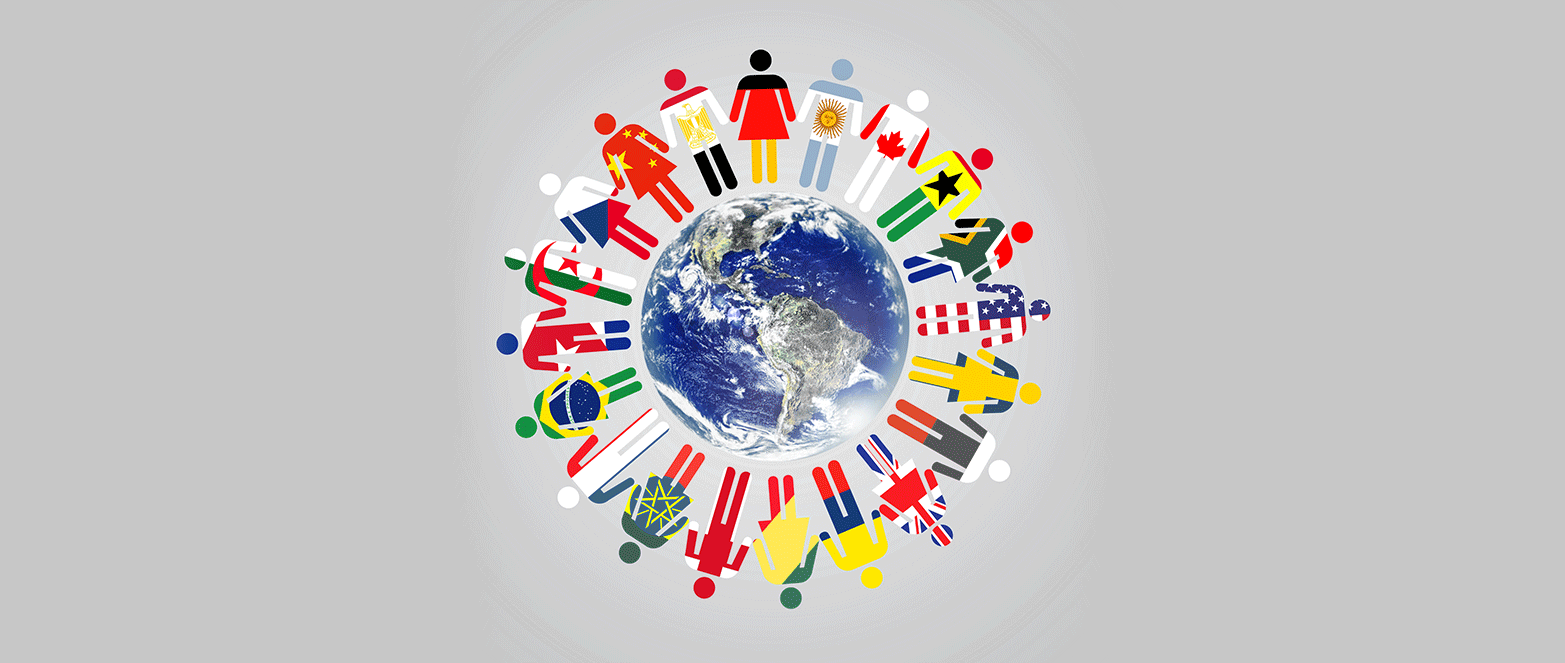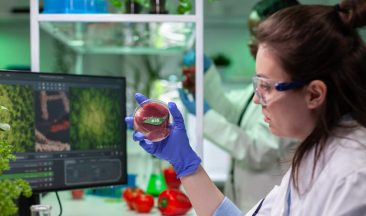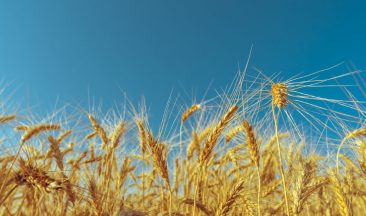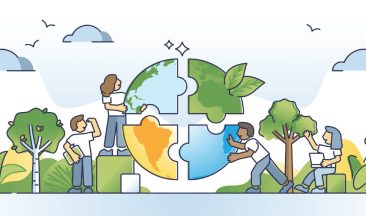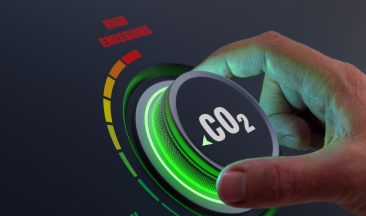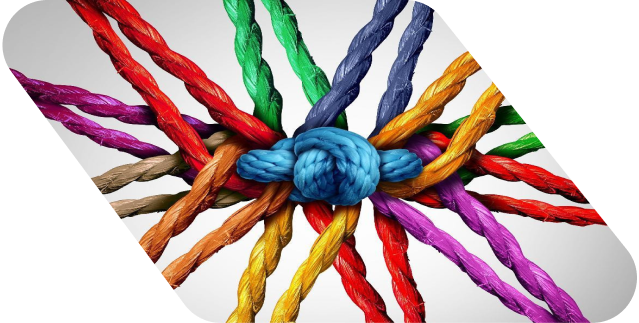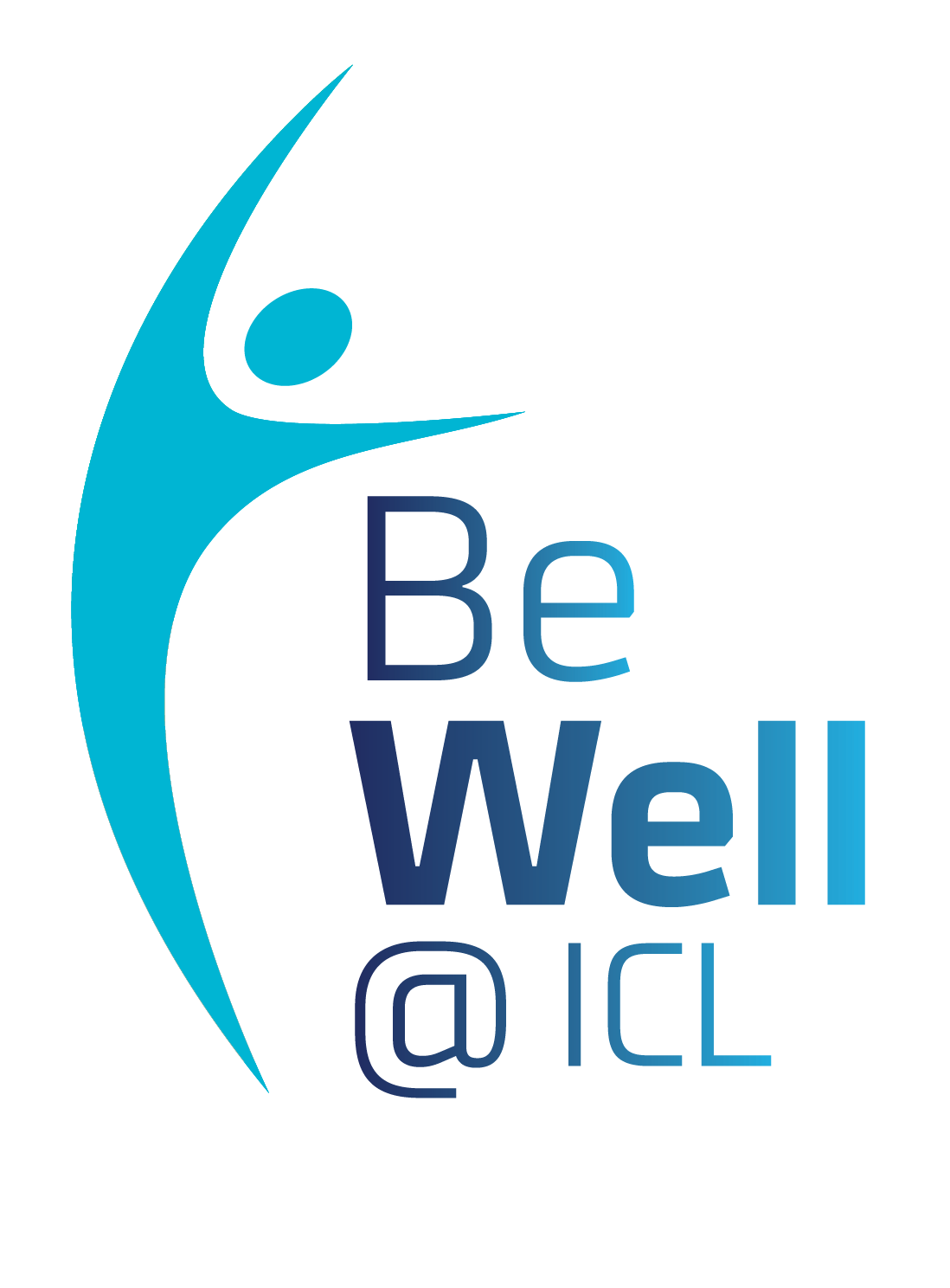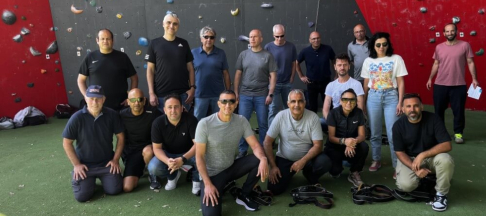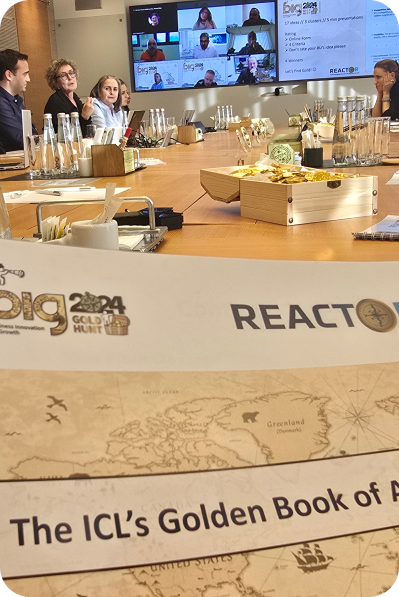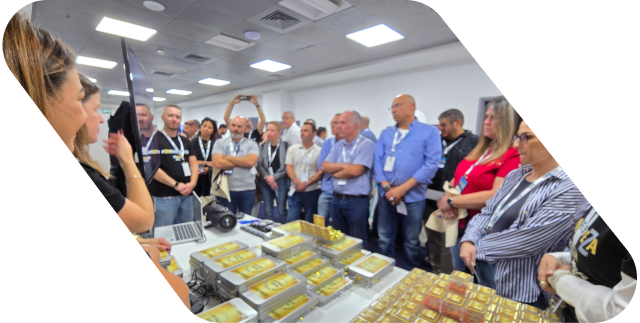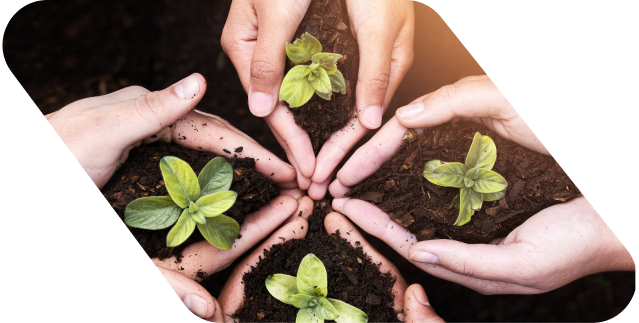A brief introduction to sustainability
The concept of sustainability represents a seismic shift in corporate, government, and public thinking. It is already defining how companies will do business in the 21st century. Sustainability is the intelligent and ethical use of natural resources, in a way that creates balance in the environment. Every single aspect of human existence impacts our fragile planet, stresses infrastructures, and requires precious resources to function.
Sustainability aims to stimulate future growth while creating a harmonious – and socially responsible – interaction between every sector of the economy, culture, technology, and society. It incorporates every human endeavor and activity and is the key to a healthy and prosperous future for the human race. Universal food security, a thriving natural environment, and a rise in global living standards are integral to the future of sustainability.
Challenges to a sustainable future
The biggest initial challenge to a sustainable future may already have been overcome. The concept of sustainability has captured the imagination, and the backing, of some of the world’s most innovative and influential entrepreneurs and business leaders. The business world is suddenly beginning to equate the concept of a sustainable future with rapid future growth.
When environmental concerns became public issues in the 20th century, big corporations were initially resistant to change. There’s now a realization that change drives innovation, stimulating research and development, and creating exciting new business opportunities. These range from revolutionary electric vehicles and associated sustainable products, to less publicized innovations in agriculture for sustainable future development of marginal lands.
The main remaining challenge to the future of sustainability is climate change. In fact, climate change (or fluctuations in the global climate) is placing food security and environmental issues high on government agendas. Adapting agriculture to rising temperatures and unpredictable levels of rainfall, and creating a sustainable food future, is a new global priority.
Alongside innovations in agriculture for sustainable future food supplies, there is a thrust towards achieving zero carbon footprints across the industry. This is still a controversial concept, but it seems to be gaining mainstream acceptance. There are unexpected benefits: Companies are already discovering that by rationalizing supply chains, improving production methods, and exploring alternative sources of raw materials, they can save money. New companies are springing up to capitalize on the business opportunities that a transition to a zero-carbon footprint is creating.
How can we contribute to the sustainable future of Mankind?
The sustainable future of mankind depends on creating resilient and sustainable food systems for a food secure future. Global food security is the basic foundation for stable societies and sustained future growth. Creating a sustainable food future is one of the keys to eliminating poverty, and by extension, associated problems like disease, and local environmental damage from unsustainable agricultural practices and deforestation.
Intelligently implemented innovations in agriculture for sustainable future growth, provide larger and better quality harvests. Crucially, they also provide much-needed employment, empower local communities, and strengthen societies. This positive chain reaction can occur in marginal lands, currently fertile zones, and even in urban areas that embrace new high-tech agricultural methods. Most sustainable agricultural innovations are scalable and can be integrated into small family farming plots and major plantations run by multinational corporations.
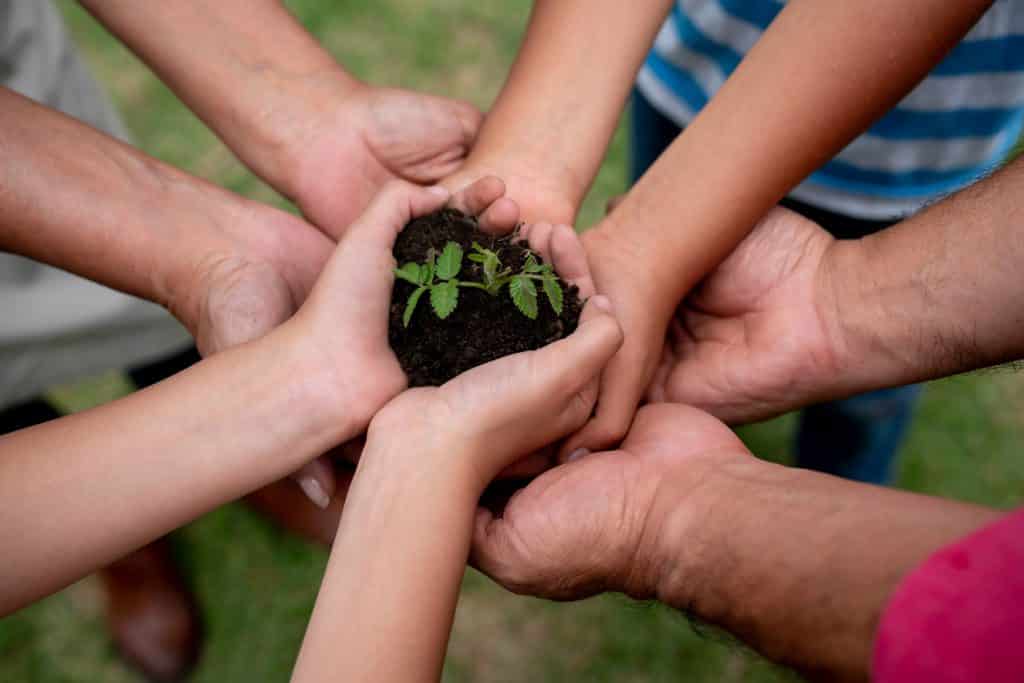
The UN’s SDGs
The United Nations is providing some useful leadership and has helped to clearly map the future of sustainability. In 2015 the UN created a framework of 17 Sustainable Development Goals for the entire human race. The UN SDGs are strategic, long-term, and cover the spectrum of human existence in a holistic vision for permanent change.
Key UN SDGs include
- Zero Hunger
- Quality Education for All
- No Poverty
- Climate Action
- Reduced Consumption of Resources.
You may be interested in:
The Meaning of Corporate Social Responsibility (CSR)
The Evolution from CSR to ESG
Volunteering: The Benefits for Communities and Unseen Impact on One’s Health
ICL’s alignment with SDGs
ICL was quick to see the potential of the United Nations Sustainable Development Goals. They resonated with ICL’s own corporate philosophy and it was relatively simple to align the company’s existing strategies with a number of key UN SDG targets. The UN SDG that is most directly relevant to ICL’s global enterprises is Zero Hunger. ICL’s innovative agricultural solutions are already focused on developing resilient and sustainable food systems for a food secure future. The Zero Hunger SDG and food safety challenges fall directly under ICL’s areas of special expertise.
Attempts at creating a sustainable food future traditionally required a multi-agency approach under the direction of national governments. ICL’s food security actions are far more flexible and decentralized. ICL is harnessing artificial intelligence and cloud storage to make big data a game-changer. Agronomists at the field level can use advanced apps to optimize nutrient uptake efficiency and eliminate agricultural pollution and nitrogen burn in the field.
ICL’s organic fertilizers (harvested and processed in a sustainable manner) can be precisely calibrated to local soil conditions. They achieve larger and better quality harvests, sometimes even on previously unviable land. When family units and local entrepreneurs can farm profitably, and create an agricultural surplus, the Zero Hunger SDG and food safety are already implemented at a micro-level.
SDG food safety goals are paramount for ICL and definitely captured the imagination of its agronomists and R&D teams. ICL’s fertilizers are vital for ending world hunger, allowing farmers to produce more food using less land, and avoiding the need for further deforestation of land for agriculture. Other SDGs that ICL focuses on are:
- Good Health
- Decent Work
- Affordable and Clean Energy
- and Economic Growth.
The company reports annually on its programs and actions taken to align with the SDGs and has appointed employees like ICL’s sustainability manager to focus specifically on these goals. ICL is determined to keep on setting the sustainability standard for other industrial companies in Israel and the world.
Weidberg (Global Sustainability Manager for ICL) said that the Company, as a leader in the Israeli industry, has fully integrated the SDGs into its Corporate Responsibility digital report. The report includes an innovative SDG search engine — allowing all stakeholders to quickly find extensive details on the company’s significant contribution to each specific SDG. ICL’s transparency on this issue serves as an example for other large companies to follow.
